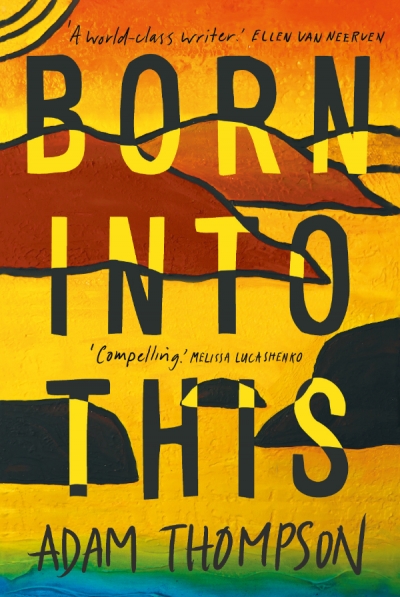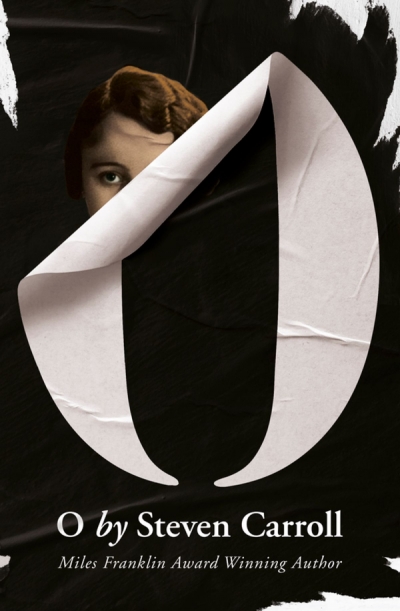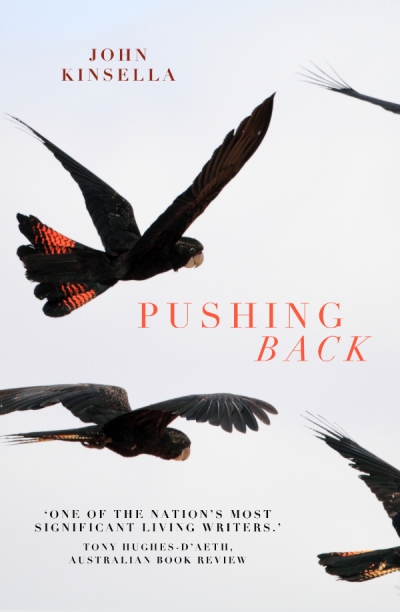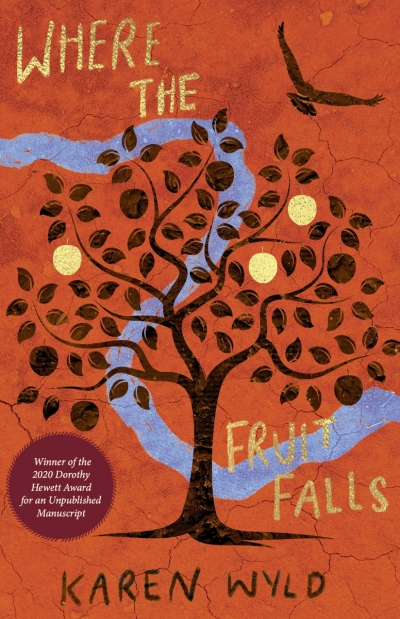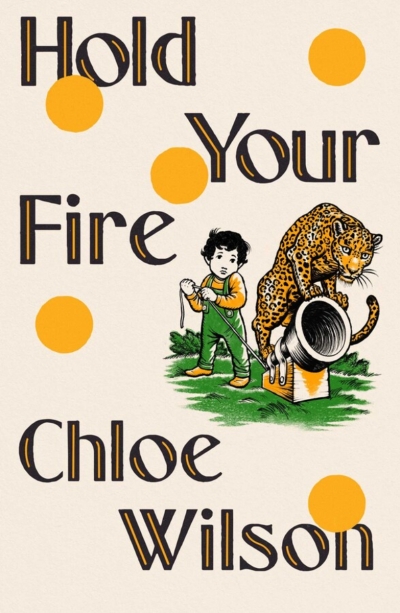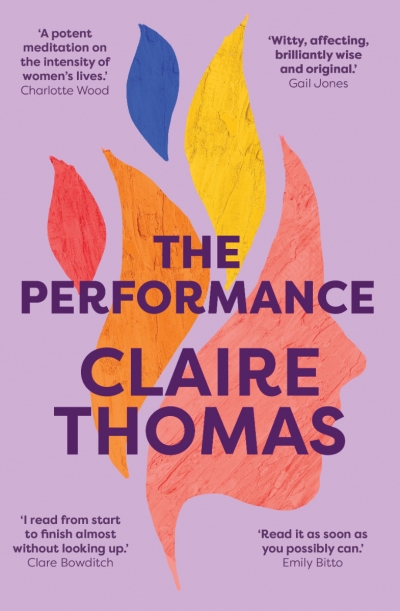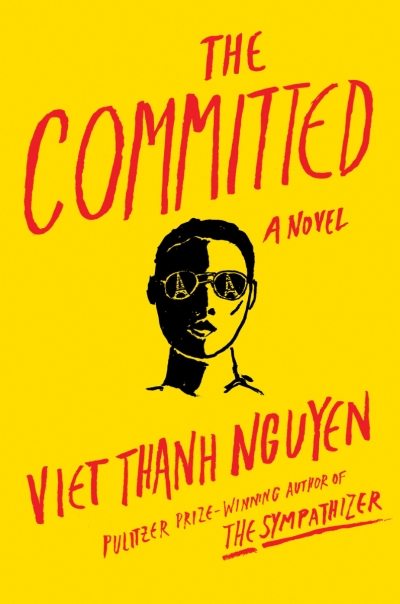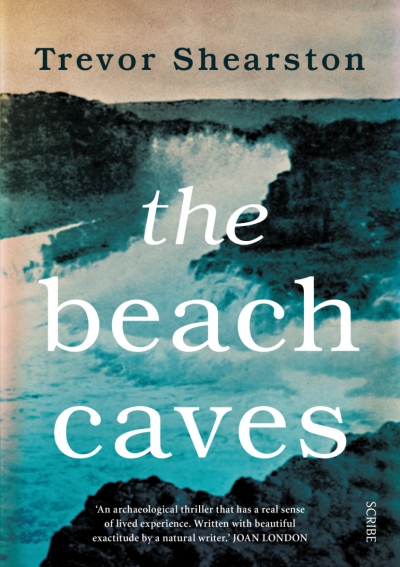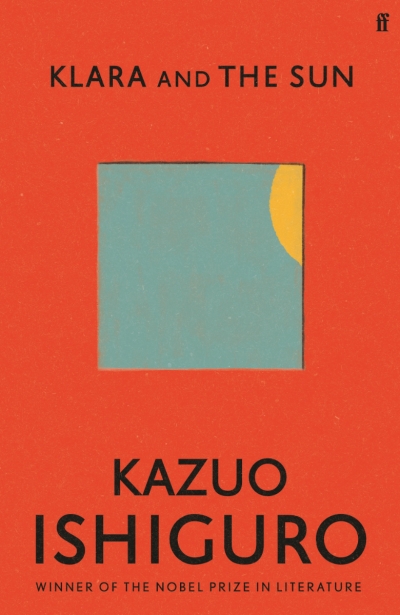Fiction
Determining connections between books sent as a review bundle is not mandatory, but there is an irresistible tendency to find some common theme. In the case of these three novels, the theme of women’s pain, and hidden pain at that, does not need to be teased out – it leaps out. Since it is unlikely that three different authors would have colluded, the prevalence of this is worth deeper reflection, especially considering recent titles such as Kylie Maslen’s essays on illness, Show Me Where It Hurts, or Kate Middleton’s extraordinary memoir essay ‘The Dolorimeter’, placed second in the 2020 Calibre Prize.
... (read more)
